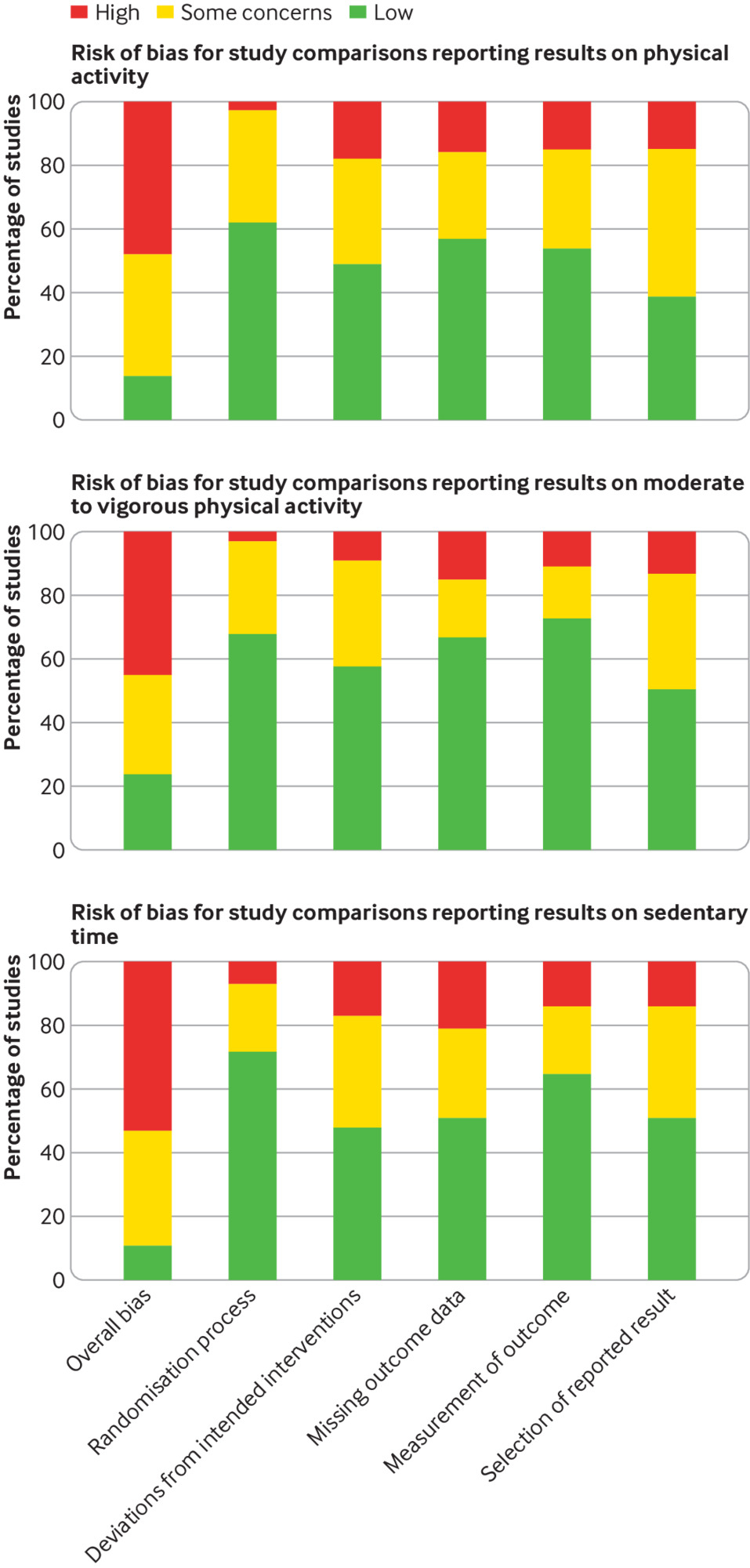TOKYO–(BUSINESS WIRE)–Kao Corporation, a Japan-based group whose brand portfolio includes Attack, Bioré, Goldwell, Jergens, John Frieda, Kanebo, Laurier, Merries and Molton Brown, released progress reports on its ESG (Environmental, Social and Governance)—the Kirei Lifestyle Plan. Details of its progress are published in the “Kao Sustainability Report 2022”. The report reveals the achievements of the 2021 key leadership action items, as well as raising the domestic carbon price to 18,500 yen/ton-CO2 to promote decarbonization. It also outlines the revisions made to Kao’s Biodiversity Policy and details the establishment of the new ESG steering committees, which will strengthen Kao’s ESG governance structure. It is available in English on Kao’s website starting today.
Kao Sustainability Report 2022
https://www.kao.com/global/en/sustainability/pdf/#area-LocalNavBottom01
For more than 130 years, Kao has worked to help consumers lead fulfilling lifestyles. In April 2019, Kao established the Kirei Lifestyle Plan, which is an ESG strategy that includes 19 leadership actions to achieve a desirable and sustainable way of life. The Japanese word ‘kirei’ describes something that is both clean and beautiful. For Kao, Kirei not only encapsulates appearance, but also attitude: creating beauty for oneself, for other people, and for the world around us. Since its inception in 2021, Kao Group’s Medium-Term Plan 2025 (K25) has proclaimed as its vision to “protect future lives” and promote “sustainability as the only way”. The Kao Group will continue to integrate its ESG strategy into its management practices. It will also develop its business, provide better products and services for consumers and society, and work towards its purpose, “To realize a Kirei world in which all life lives in harmony.”
Executive CEO in charge of Kao’s ESG division, Dave Muenz, delivered this message on the progress of the Kirei Lifestyle Plan announcement: “The expectation from our shareholders that companies like Kao help build a more sustainable society intensifies every year. after year. year. Driven by the company’s long-standing value of “Integrity as the only option” (doing the right and holistic thing even if it is not the easiest option), Kao has taken steps in 2021 that will help us remain a force of positive impact. the people we serve, including setting ambitious decarbonization goals of zero carbon by 2040 and negative carbon by 2050. This year, our ESG governance structure has been strengthened through the creation of four ESG steering committees that will address the decarbonization, plastic packaging, human rights and DEI*1, and chemical stewardship. As a company that relies on natural capital like palm oil, we have published a new procurement policy that will help us work across our supply chain to ensure traceability and identify risks by arranging for third-party audits of our suppliers. . Kao will continue to work through collaborations and partnerships to create a Kirei Life for all.”
*1 Diversity, Equity, Inclusion
CDP, a leading international non-profit organization, has named Kao to its prestigious “A-List” in three categories for the second year in a row. Additionally, the Ethisphere Institute, a leading US think tank, named Kao one of the World’s Most Ethical Companies for 16 consecutive years.
New initiatives to promote a Kirei lifestyle
1. Raise the domestic carbon price to 18,500 yen/ton-CO2 to promote decarbonization
In 2006, Kao introduced an internal carbon price system to curb CO2 emissions. Last year, it announced a new decarbonization target and increased the target CO2 emission reduction rate from 22% in Scope 1+2*2 CO2 emissions (absolute value) to 55% (taking 2017 as the base year) by 2030. Accordingly, Kao has increased the domestic carbon price from the conventional 3,500 yen/ton-CO2 to 18,500 yen/ton-CO2*3. It will also promote the use of low consumption equipment, the use of equipment with low CO2 emissions and the contracting of renewable energies.
*2 The volume of greenhouse gases emitted directly by commercial companies and other organizations.
*3 This rate is the estimated carbon tax rate for 2035, based on the carbon tax rates included in the 2021 IEA World Energy Outlook. It is assumed that, in the future, the newly introduced equipment will continue to work after 2030.
2. Establishment of ESG steering committees to strengthen the ESG governance structure
Since April 2022, in order to reliably and quickly implement ESG initiatives, ESG steering committees were newly established under the ESG Management Committee to build a flexible and robust ESG governance structure to address the four priority issues decarbonization, plastic containers, human rights. and DEI, and chemical management. Executive-level leaders act as owners and, together with the ESG Management Committee, recommendations will be made to each division and company in the Group. At each division, ESG is incorporated into divisional policies, goals and plans to build effective governance. The ESG governance structures in the Group companies abroad are also organized into divisions and are operated by group companies according to the content of the activities.
3. Review of the biodiversity policy
Kao operates by benefiting from many biological resources such as palm oil, paper and pulp. In 2011, Kao formed the “Biodiversity Conservation Basic Policies” and has been working to develop new technologies that contribute to the sustainable procurement of raw materials and biodiversity conservation. The modern world aims to reduce negative impacts on nature and biodiversity, increase actions that have a positive impact, and reverse the trend of biodiversity loss. With the revision of the global biodiversity goals at the 26th session of the Conference of the Parties, of the United Nations Framework Convention on Climate Change (COP26) in 2021, the existing policy has been revised and in April 2022, the “Basic Policy on Biodiversity” was formed.
For the Key Leadership Action Topics: 2021 Activity Outcomes, please click on the following URL.
https://www.kao.com/global/en/news/sustainability/2022/20220629-001/


